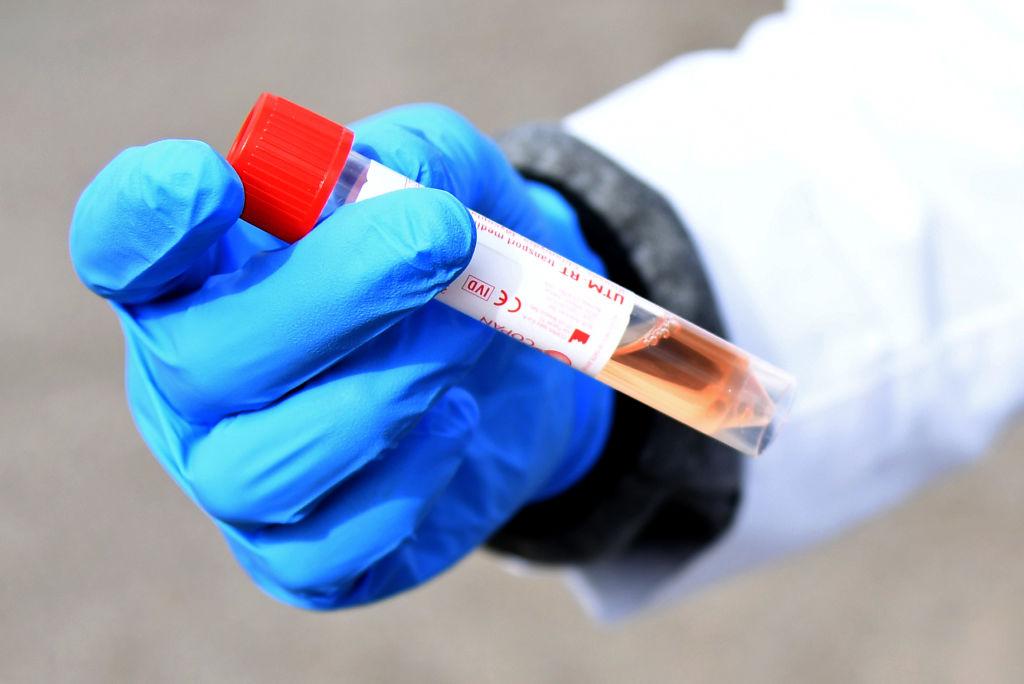The deputy director of a hospital at the Chinese epicenter of the CCP virus outbreak was recently demoted after he criticized the treatments being used for virus patients in China.
Dr. Yu Xiangdong was removed from all his leadership roles at the Huangshi Central Hospital in Huangshi city, Hubei Province on April 1 after he wrote several social media posts in February, which were subsequently removed by internet censors.





